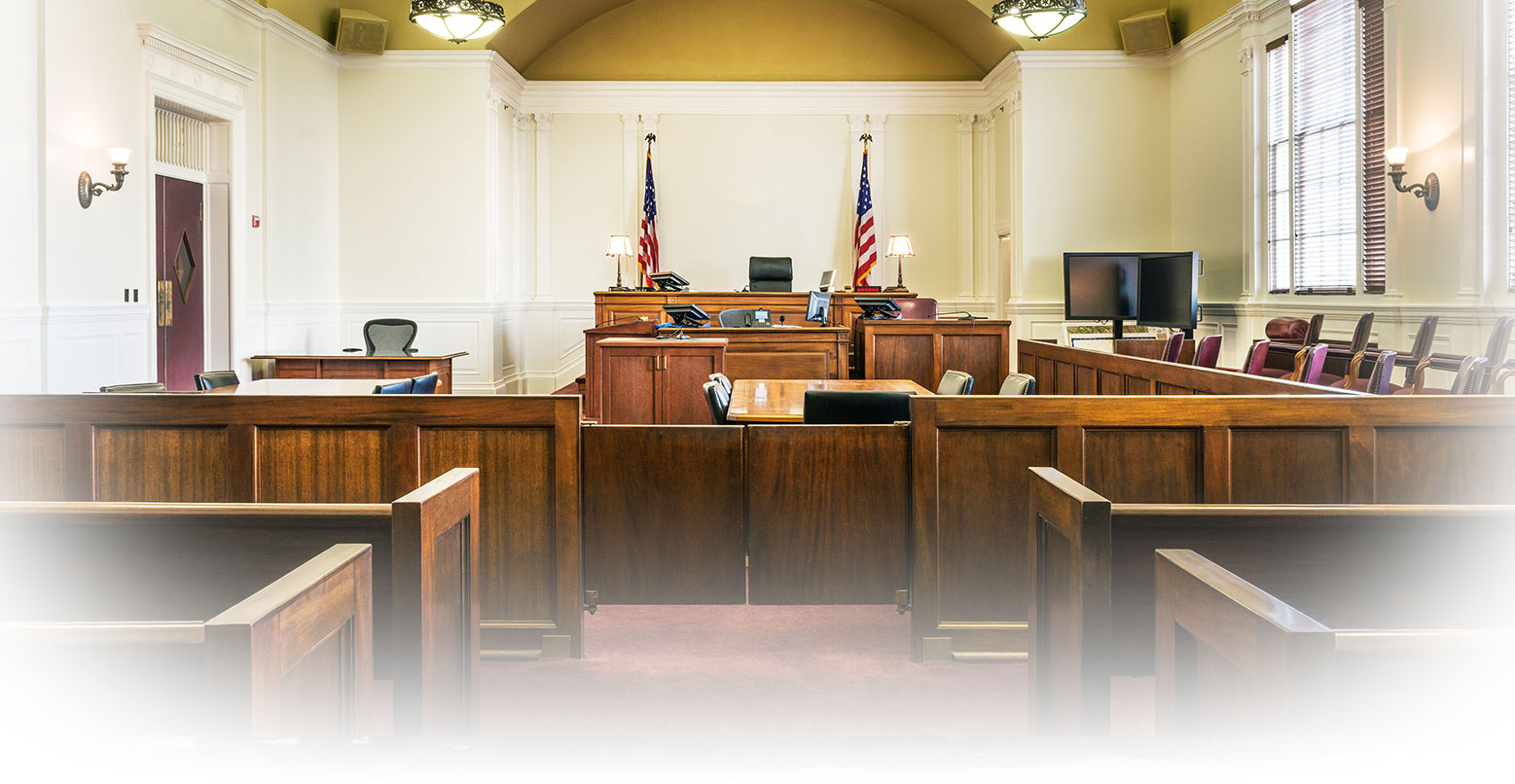Out Of State
When To Register An Order Out Of State
When a California child custody order is registered in another state pursuant to the Uniform Child Custody Jurisdiction Act (UCCJA) or the Uniform Child Custody Jurisdiction and Enforcement Act (UCCJEA), the child custody order can be enforced in that state. If you fear your child will be taken to another state, even for visitation, you should register your order.
When a parent moves to a different state you should register the existing order in the State/County that the child is located. The order should be registered with the clerk of the court located in the new county where the parent lives. Registering the order will notify the state/county that there are existing custody orders in another jurisdiction. This prevents the other party from filing new orders through that state/county. The registered custody orders also make the orders easier to enforce should problems arise regarding custody and visitation issues.
How To Register An Order Out Of State
- You will need to find a copy of the UCCJA or UCCJEA Statutes for the state in which you need to register the order. UCCJA or UCCJEA statues can be obtained through the Stanislaus County Law Library located at 1101 13th Street, Modesto, CA. Tell the librarian what state's UCCJA or UCCJEA you need, and that you need the section dealing with registering custody orders. (Note: There will be a section which talks about filing sister state custody decrees - but you need the section which talks about REGISTERING custody decrees. There may be a charge for this.
- Some states have their UCCJA or UCCJEA on the Internet. You can go to the Public Library and access the Internet to see if the state you need is there. The Internet address is: https://www.law.cornell.edu/uniform.
- Now that you have a copy of the UCCJA or UCCJEA statues regarding registering custody orders in the desired state, you need to determine the county for which you need to register the order. This will be the county of residence for whichever parent is living in another state. Once you have determined the county, you then need to determine the county seat. You can do this several ways:
- Find the County Seat using an atlas
- Call the Police Department of the city in which the parent lives and ask where the County Seat is located.
- The UCCJA or UCCJEA section will tell you what branch of the Court system to register the order in, i.e., District, Superior, etc. You will then need to obtain the phone number for that court in that county through information.
- Call the Clerk of the Court in which you need to register the orders. Find out what requirements they may have for registering the order, if there are any fees you need to send. Ask if they will take a personal check - or do you need a money order or cashier's check, and to whom to direct the paperwork. Obtain a street address in case you need to use Express mail. Make sure that the Clerk understands that you simply want to register child custody orders, and that this is not a family support issue. You may need to mention to them that most counties simply assign a miscellaneous number to these registrations, and quote them their state statute by number.
- Write a letter (sample attached - PDF format) to the Clerk of the Court requesting registration of your orders. Include two certified copies of the most current order (which you will need to obtain for a minimal fee from the Stanislaus County Clerk's Office). They will keep one, and file-mark and return the other to you. You will also need to provide a self-addressed, stamped envelope for them to return your copy. Once you've received your registered copy from the Clerk, your order can now be enforced in a UCCJA state. For a UCCJEA state please see number 9 below.
- If the state is a UCCJEA state, that state requires a NOTICED, ENFORCEMENT hearing that will either be the next court date or within 20 days, depending on what other paperwork you file in the UCCJEA state. If you register the order in the UCCJEA state, it is recommended you either contact a local lawyer in that state to represent you in the hearing or contact the Child Abduction Unit.



